News: Southeast Asia
Can progress be made multilaterally on agricultural trade?
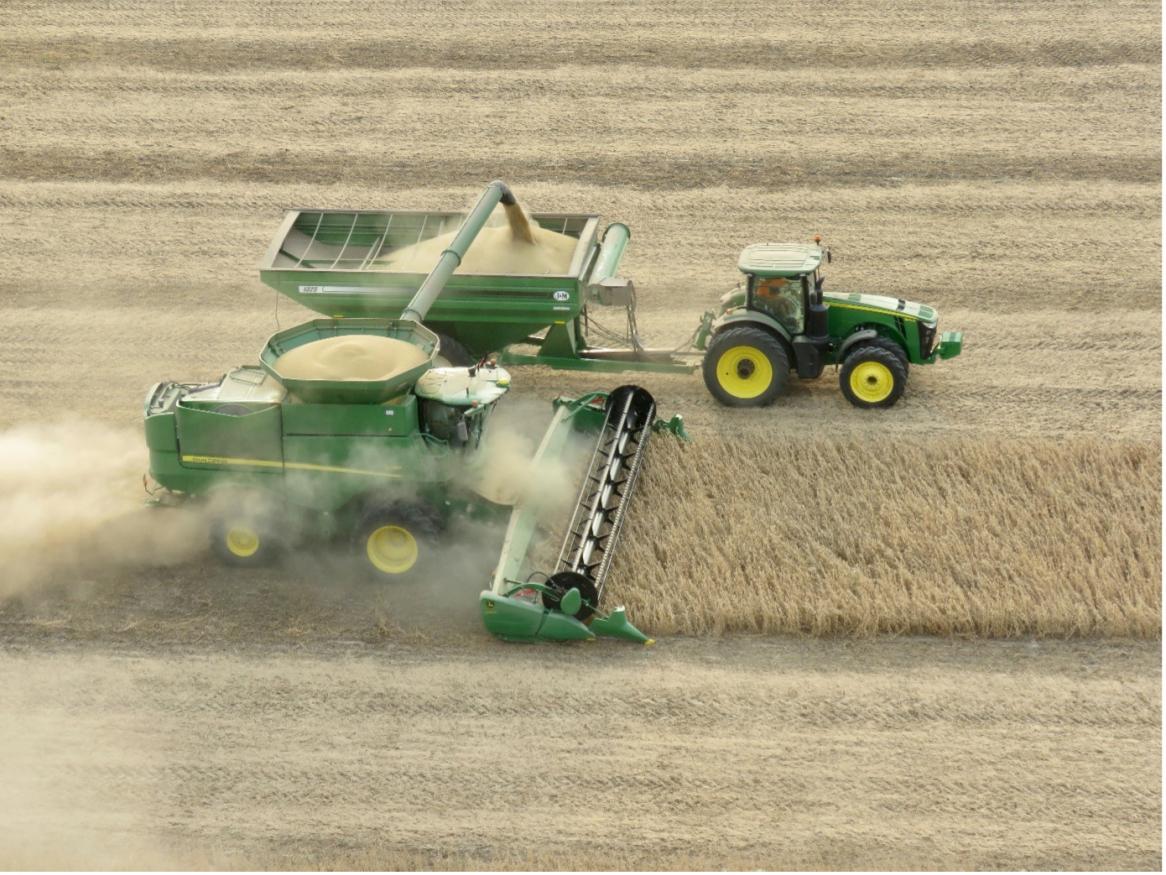
The WTO has been experiencing deadlock in its negotiating function since the collapse of the Doha Round. This threatens to undermine the legitimacy of the WTO, and drive Members to seek progress outside the organization. The difficulties of agricultural negotiations offer a microcosm for understanding the wider multilateral universe. Against this background, a group of academics, former high-level officials of international institutions and former negotiators have come together to try to inject some new energy and new ideas into the multilateral process in a project called “New Pathways”.
[Read more about Can progress be made multilaterally on agricultural trade?]
“Joint Statement Initiatives” and Progress in the WTO System
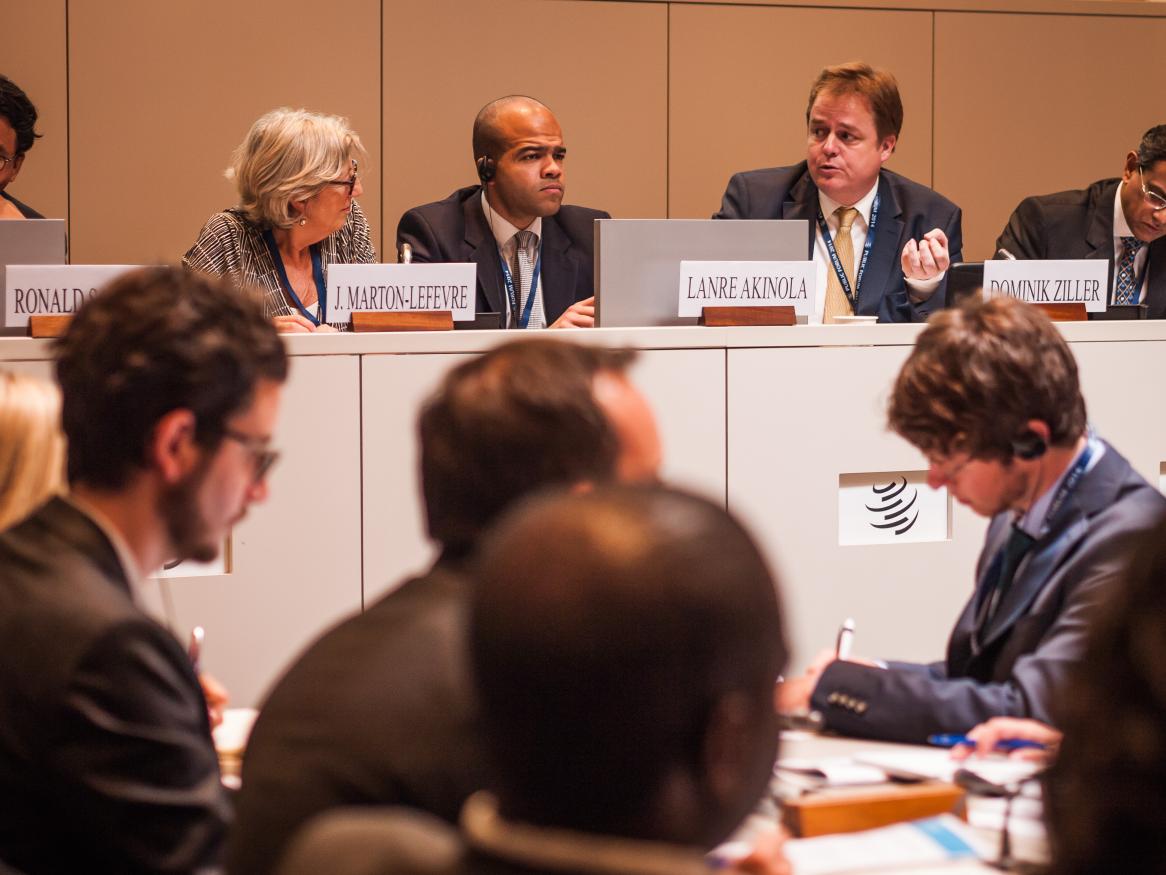
Andrew Stoler, former WTO Deputy Director-General; former Office of the United States Trade Representative senior trade negotiator.
“Joint Statement Initiatives” (JSIs) are today seen by many governments as crucial to making trade progress, given some WTO Members opposition to further liberalization and rulemaking on a multilateral basis. Two governments that have actively worked to stymie progress, India and South Africa, are currently challenging the legality of JSIs within the multilateral system of the WTO in a new bid to prevent other WTO Members from moving forward on the trade front.
[Read more about “Joint Statement Initiatives” and Progress in the WTO System]
Services Domestic Regulation - Doing the Obvious

Markus Jelitto is Counsellor at the Services Trade Division, WTO Secretariat, Geneva.
Services Trade has been growing continuously over the past three decades and was worth USD 13.3 trillion in 2017. Services value added accounts for almost half of all world trade (goods and services combined). Despite these impressive figures, the 2019 WTO World Trade Report finds that costs of trading services are about twice as high as trade cost for goods. A significant portion of these costs are attributable to regulatory divergence, as well as opaque regulations and cumbersome procedures. Through the development of disciplines on services domestic regulation, a group of currently 63 WTO members has set out to address these cost factors.
[Read more about Services Domestic Regulation - Doing the Obvious]
Rethinking WTO Rules on Chinese Industrial Subsidies, and Approaches for Future Reform
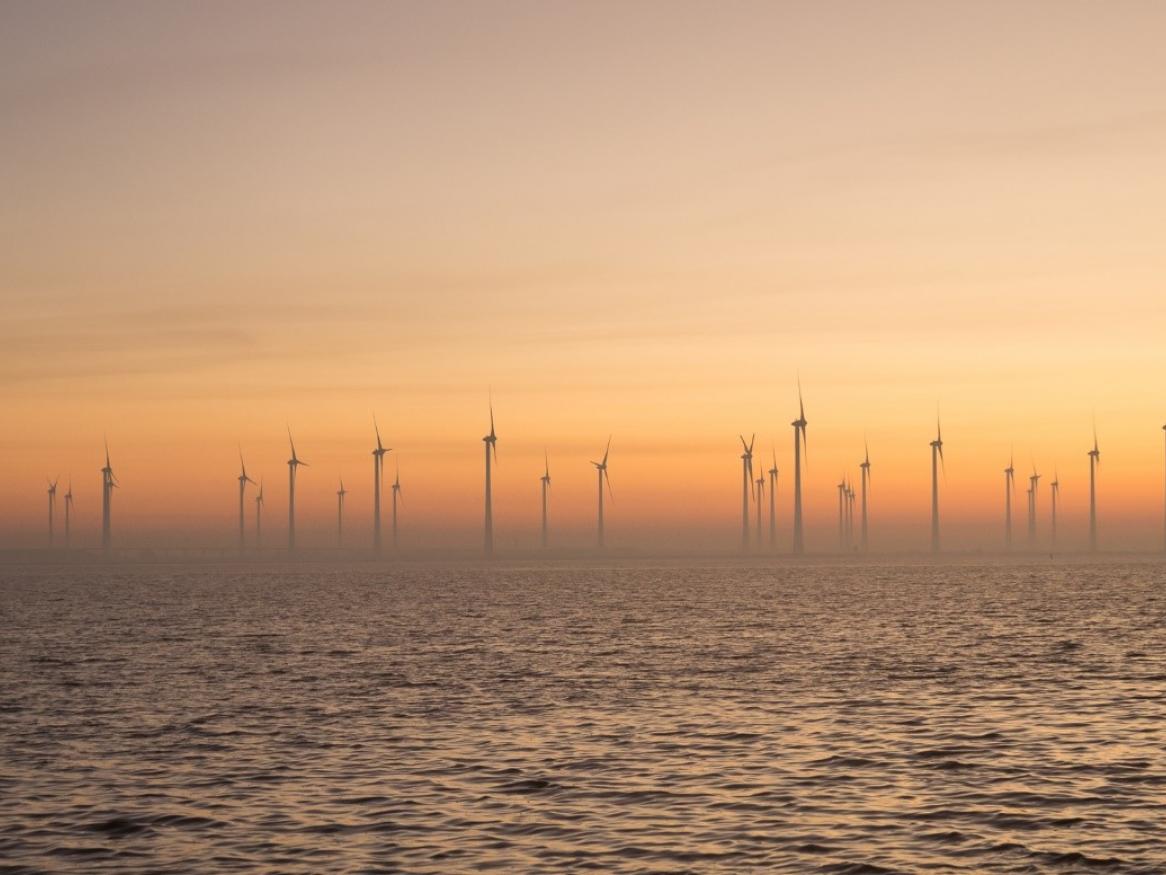
Weihuan Zhou is Associate Professor, Director of Research, and Member of the Herbert Smith Freehills China International Business and Economic Law (CIBEL) Centre, Faculty of Law and Justice, UNSW Sydney. Mandy Meng Fang is Assistant Professor, School of Law, City University of Hong Kong.
The reform of WTO rules on industrial subsidies should be based on a better understanding of the efficacy of the rules on China and fresh principles and approaches. It is time for governments to rebuild the political will needed for international cooperation.
Cold War 2.0: Implications for Middle Powers
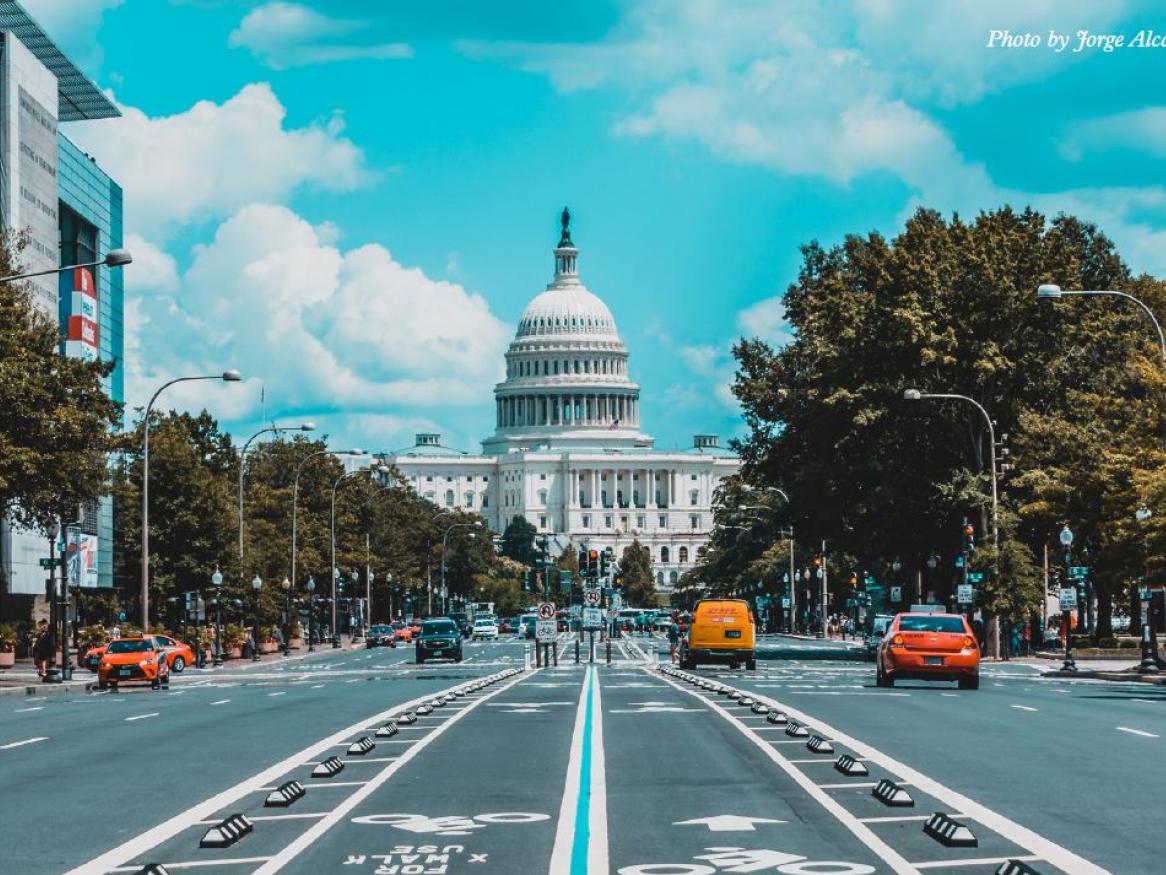
Carlos A. Primo Braga is an Adjunct Professor, Fundação Dom Cabral, Brazil.
The commercial and geopolitical conflict between China and the United States is unlikely to abate in the coming years. This brief discusses the contours of recent geopolitical history in order to contextualize the nature of this new “Cold War” between the two superpowers.
[Read more about Cold War 2.0: Implications for Middle Powers ]
Reforming industrial subsidies usage through the WTO: Process Proposals
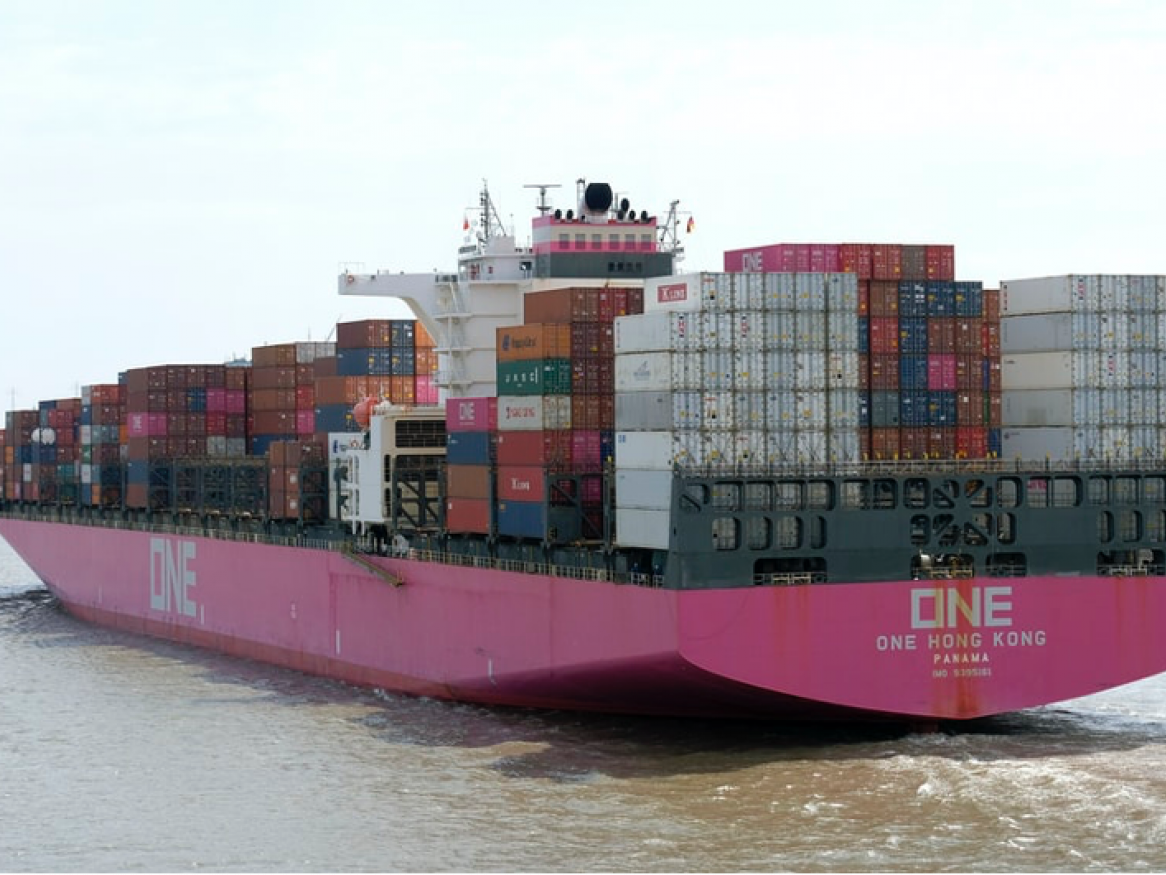
Professor Peter Draper is Executive Director of the Institute for International Trade. Dr Naoise McDonagh is Lecturer in Political Economy at the Institute for International Trade.
The distorting effects of state-owned enterprises (SOEs) and industrial subsidies on global market competition has become a topic of increasing importance for many World Trade Organization (WTO) members in recent years.
[Read more about Reforming industrial subsidies usage through the WTO: Process Proposals]
The EU-China Investment Deal: Perspectives of the European services sectors on new opportunities in the world’s second largest economy
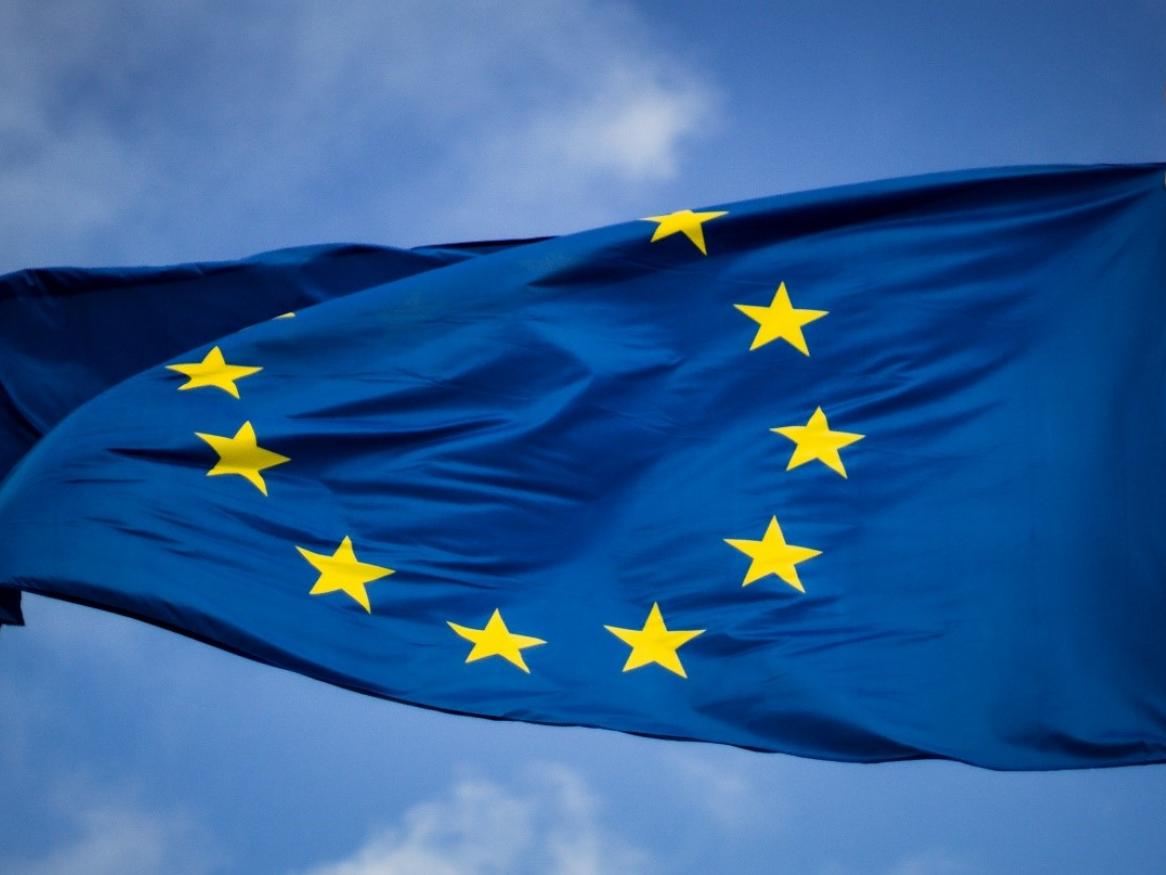
Dr Pascal Kerneis is Managing Director of the European Services Forum, Brussels.
On 30 December 2020, the European Union and China have concluded in principle the negotiations for a Comprehensive Agreement on Investment (CAI). What could this agreement bring to European service businesses?
Global Food Systems: Fit for the Future?
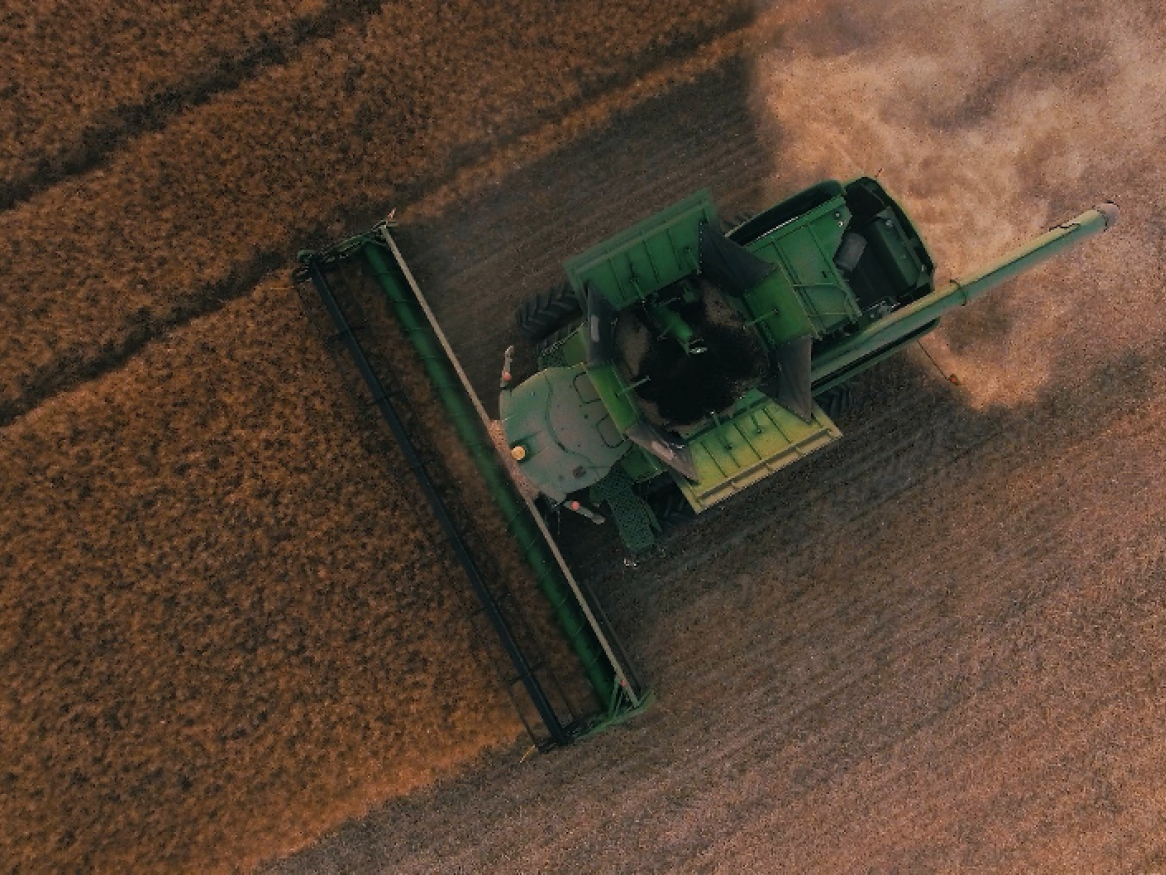
Ken Ash is an Independent Consultant, IIT Visiting Fellow, and former OECD Director of Trade and Agriculture.
Well-functioning global food systems matter, to all of us. Global food systems perform well overall, and today provide more safe, nutritious, and affordable food per capita than ever before. At the same time, over 800 million people are undernourished and a higher number are overweight.
Australia-Singapore Digital Trade Agreement: Setting new benchmarks in Trade Governance

Jane Drake-Brockman, Industry Professor, Institute for International Trade, The University of Adelaide.
Australia has achieved its most comprehensive deal on digital trade. The government has put down clear markers for other bilateral and regional trade negotiations, including with the EU; and taken a global leadership role, along with Singapore, in signalling vital directions for the WTO negotiations on Electronic Commerce (e-commerce).
Prospects for Australian free trade with a post-brexit United Kingdom
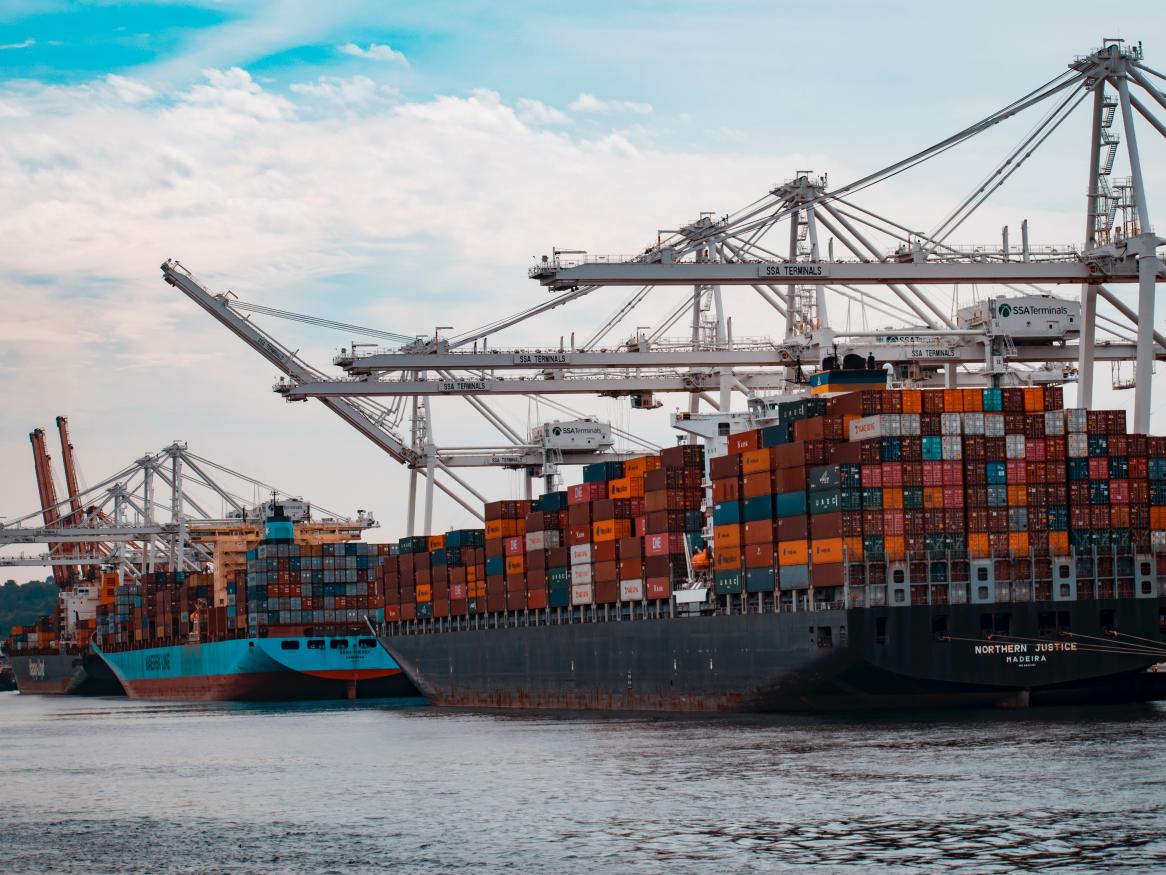
Andrew Stoler, former WTO Deputy Director-General; former Office of the United States Trade Representative senior trade negotiator; and former Executive Director of Institute for International Trade.
Now that the United Kingdom (UK) is once again pursuing an international trade policy independently of its previous membership in the European Union (EU), the UK Government has made clear that it intends to pursue free trade agreements (FTAs) with “Anglosphere” countries (United States, Canada, Australia and New Zealand).
[Read more about Prospects for Australian free trade with a post-brexit United Kingdom]
This work is licensed under Commons Attribution-NonCommercial-NoDerivatives 4.0 International License.
IIT is a global leader in researching, analysing and commenting on International Trade.
Stay informed about our up-and-coming seminars, events, publications, awards, new projects and collaborations, and other exciting news.
